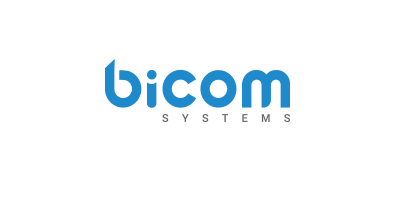This article was sponsored by Bicom Systems, a leading unified communications provider.
Welcome to the final segment of Bicom’s “Major Trends Impacting the Communications Industry” series. If you’re just joining us now, we talked about AI, IoT, and XR in parts 1-3. We are wrapping up this series with digital platforms.
In simpler terms, a digital platform is the hardware and software behind a website. The evolution of business models has changed drastically over years. A digital platform encompasses many services, depending on your business needs. As per the CIO Whitepepers Review, there are three types of digital platforms.
● Aggregation platforms
● Social platforms
● Mobilization platforms
Digital platforms have a huge impact on businesses. They connect buyers and sellers, coworkers, friends and family all across the globe. Digital platforms allow for information to be distributed in real-time. Some examples of digital platforms that you would use in everyday life are:
● Facebook, Twitter, Instagram
● Uber, Airbnb
● Youtube, Vimeo
● Amazon, eBay, Etsy
Start-up businesses are entering their industries using digital platforms. Established companies are making the switch and also going “paperless.” New e-commerce businesses are following vets like Amazon and eBay and are becoming huge online retailers.
An example to best explain this concept is with the healthcare industry. New physicians that are establishing practices are not doing so with the traditional paper charts. Patients charts are now online and can be accessed at the click of a button rather than searching through a file of papers. The benefits behind this movement are outstanding!
● Increased productivity
● Information is protected from theft and natural disasters
● Easy access
● Frees up physical space
Healthcare is just one of many industries that are successfully using digital platforms. Companies like Salesforce, SugarCRM and Microsoft Dynamics are all digital platforms that were created to help increase productivity, manage customer relationships and provide the best overall experience for customers.
These companies are helping businesses stay connected. Employees can collaborate like never before with unified communication digital platforms. Cloud, analytics, IoT, AI, and XR are just examples of how technology is changing. These changes are affecting the growth in the digital platform industry. Everything is connected and these digital platforms can be designed to connect your specific needs.
Do your customers have digital platforms yet?
Laura Kyle is a marketing assistant for Bicom Systems (www.bicomsystems.com)










